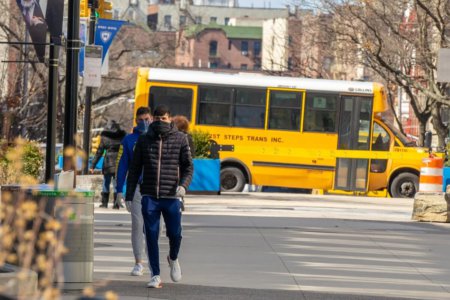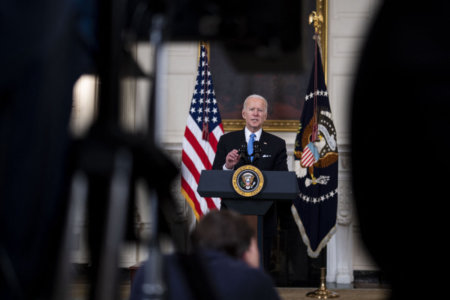
The United States Citizenship and Immigration Services (USCIS) is tackling Optional Practical Training (OPT) delays with a series of OPT flexibility measures for foreigners in the US. This delay has been linked with difficulty issuing receipts for OPT I-765 (application for employment authorization) filings, which puts international students on the F-1 visa at risk of losing their legal status due to prolonged waiting periods since the pandemic began. Those with lapsed visas would have to leave the US, abandoning their homes and job offers.
This development comes shortly after a group of 18 international students filed a class-action lawsuit in Ohio against USCIS and the United States Immigration and Customs Enforcement (ICE) over the delay of their OPT application. USCIS puts it down to COVID-19 restrictions, increased filings, and postal service setbacks, among others. Here are the OPT flexibility measures aiming to address such delays.
Grace period for OPT flexibility
Those who applied for OPT between Oct. 1, 2020, and May 1, 2021, may now commence their OPT programme from the date their application is approved. Previously, the OPT period would only begin at the end of their course. USCIS will also approve applications with “validity dates reflecting the same amount of time originally recommended by the designated school official from their school on the Form I-20, Certificate of Eligibility for Nonimmigrant Student Status.”

These latest USCIS measures will ensure students get to work for their entire OPT period. Source: Charlotte May/Pexels
Corrections, refilings granted
Students on F-1 visa participating in 12-month OPT must complete their OPT within 14 months from the time their programme ended. OPT processing delays have cut this timeframe short for many. USCIS is attempting to rectify this — now, your 14 months begins from the time your I-765 is approved, and not from the time your programme ends. Any student who has had their OPT time cut short may request a correction.
USCIS maintains that students need not worry about exceeding their OPT period while their application is being processed. You will also be able to file again if your application was submitted on time but rejected, or if you were previously unable to reapply because of processing delays.
Industry insiders welcome OPT flexibility
Miriam Feldblum, executive director at the Presidents’ Alliance on Higher Education and Immigration, says this is a sign that the administration is listening and trying to undo the damage caused by OPT delays. “Of course, there is so much more to do to relieve backlogs, lift travel restrictions, open up appointments, provide greater flexibility in visa processes, and so on to truly enable international student admissions to ramp back up, and support international students who are seeking to come study in the US as well as those who are seeking to stay and participate in OPT and STEM OPT and contribute to our communities and economy,” she added.
NAFSA: Association of International Educators counsel and director of immigration policy, Heather Stewart also welcomed the news of OPT flexibility. “The Department of Homeland Security must support the allocation of resources that are necessary to speed up processing and hire more people, if necessary, while rebuilding the service orientation of USCIS,” she said.
The Biden administration brought about fresh hope for the OPT programme, through which international students who graduate from a US university may work for 12 months — plus an extra 24 months if they are in STEM fields. In January 2021, DHS announced that it will launch a new unit to investigate OPT authorisation. This “OPT Employment Compliance Unit” comes after a federal judge saved the OPT in December 2020, following a tech union’s motion that the system was unfair to domestic employees.










